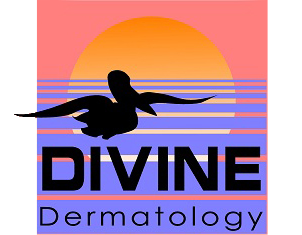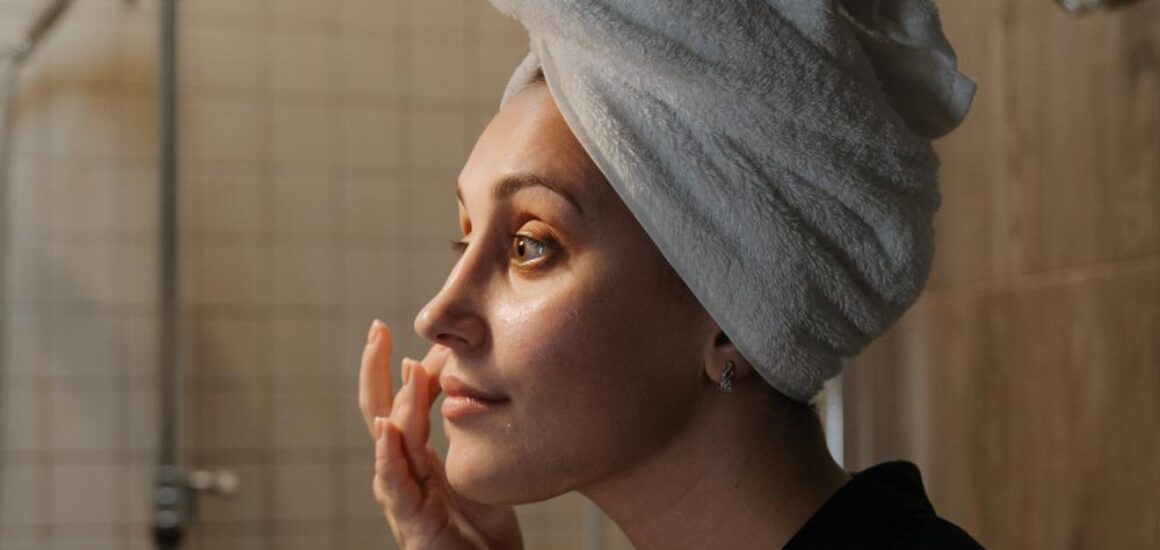Blog
Skincare Myths Debunked – 2021 Edition
It’s early on in 2021 and we are aiming to debunk some more skincare-related myths. Just like with all other medical advice, you want it to be as accurate as possible, and skincare shouldn’t be any different. Here are four myths that can be debunked:
- Your pore size can be shrunk down – Believe it or not, your pore size is determined by your genetics and your ethnicity. People with darker skin tend to have larger pores. Any product that is advertised that “shrinks” your pores only does it temporarily. However, to reduce the appearance of your pores, you should avoid using products that can clog your pores. Procedures, like microneedling, that firm the skin can also reduce the appearance of larger pores.
- Under eye circles are caused by lack of sleep – According to a 2015 study published by the National Library of Medicine, there is no link between poor sleep and under-eye circles. Instead, hyperpigmentation from older age, chronic rubbing of the eyes, or genetics can cause more noticeable under-eye circles.
- Acne can be caused by eating fatty foods – The American Association of Dermatology’s research actually doesn’t show any correlation between fatty foods and acne breakouts. Dairy on the other hand is one of those foods that does have the tendency to cause breakouts. A low sugar diet that prevents spikes in your blood sugar content can prevent acne. Opt for foods like vegetables, whole grains, and lean meats to lessen the risk of getting acne, and look into taking probiotics to help with your body’s biome health.
- Only the sun can offer a sufficient source of Vitamin D – Dermatologists recommend a daily dose of vitamin D to keep your skin healthy, however prolonged exposure to the sun comes with a risk of skin cancer. Did you know you can also get vitamin D from sources like salmon, or by taking vitamin D pills? They provide the same dose but with lesser risks. This is relevant to those with darker complexions as they need higher levels of vitamin D because the melanin concentration in darker skin is higher, so the sun’s rays become a less effective source.




